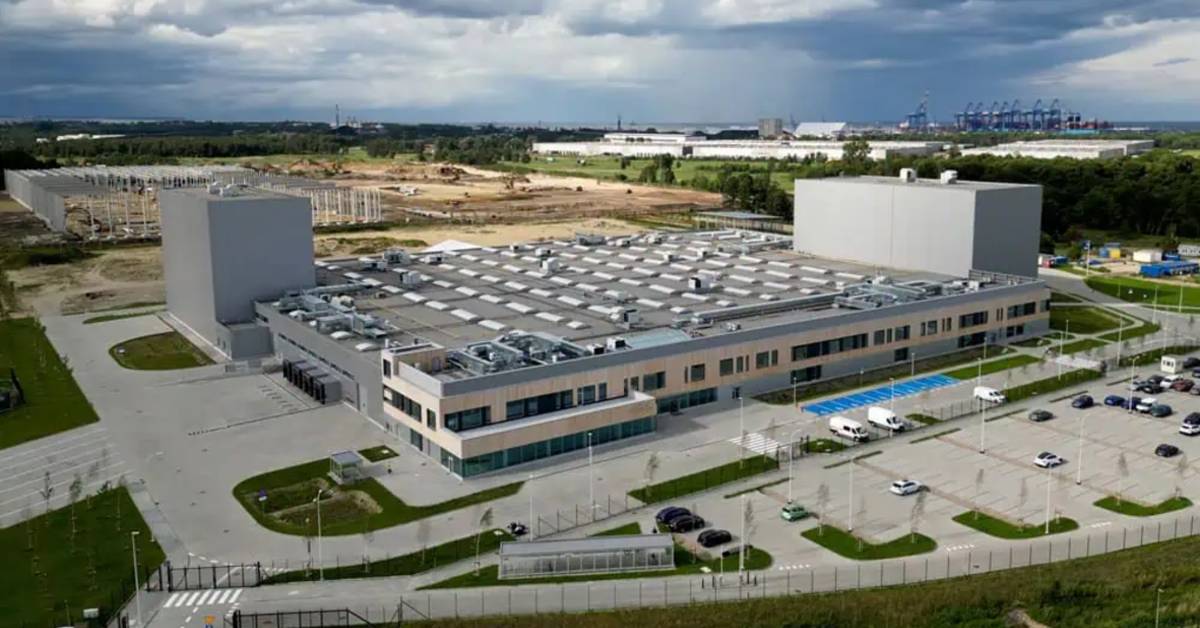Next week the third Dutch edition of Capital On Stage will take place during the Amsterdam Capital Week. At this one-of-a-kind event founders and VC’s get to present themselves to one another through pitches as well as speed-dating sessions. We spoke with some of last year’s participating founders to find out some essential tips for startups joining in the 2016 edition.
Always keep in touch
Mark Studholme, founder of marketplace for homeware designers Crowdyhouse, explains that participating in the event has helped his company in a big way: “It helped us to raise our funding on good terms”. Although Crowdyhouse did not yet receive funding from investors they met at Capital On Stage, Mark explains that he met as many investors as possible, also in the weeks after the event, and that he is still in talks with them about potentially joining in future rounds. His first tip is then also to make sure to keep in touch with all VC’s you meet. While some founders may dream of striking a massive deal on the day itself, Studholme explains that it is definitely a more long-term game: “Do not expect anything to come out of it within a few weeks. What’s the saying again?: ‘Don’t invest in dots, invest in lines’”.
Do your research
In order to get the most out of Capital On Stage, Studholme reckons it is essential to do your homework: “Make sure to find out the list of investors before you go. Find out what’s in their portfolio, find out what type of companies they are interested in. Don’t waste your time speaking to a Saas VC if you are a B2C Company, and vice versa. As there is only a certain amount of people you can talk to in one day, make sure to prepare your list of people you want to speak to before you go in. If possible, try and reach out to them through linkedin or via email beforehand to make an even better first impression. Make sure you get your meetings planned, and do whatever you can to try and catch up with all the VC’s you want to meet.
Get valuable advice
Floris van Hoogenhuyze, co-founder of Boat sharing platform Barqo, agrees with what Mark is saying. Just like Crowdyhouse, Barqo also did not yet get a direct investment out of Capital On Stage, but the event helped the company in a big way: “When we went to Capital On Stage last year we were still too small for any investors. Capital On Stage really helped us to get our investment proposition right. That was a huge advantage! As a result we ended up successfully raising funding in December 2015 with three different angels”. Floris rates Capital on Stage as a unique opportunity to get valuable advice from VC’s: “It really helps so much to get that necessary information from experienced investors. In our case it made us realize the importance of data-analysis, and we hired a full time staff member for data-analysis as a result. It also made us realize how important it is to focus on our product and the user experience”.
Dare to ask questions
An additional suggestion Van Hoogenhuyze offers is to make maximum use of the opportunity to speak with Angels and VC’s, which means as a founder you should not hesitate to ask what you want to know. As you are in the Netherlands, you may as well show some Dutch directness: “Ask critical questions. Do not be afraid to ask investors ‘What would you have to offer us?’ or ‘How do you deal with difficult situations?’ After all you are looking at a cooperation or a relationship together”.
Crowdyhouse are about to launch a new version of the site on September 22nd. They will also soon launch a French version of their website. Barqo also has a French connection as the company recently joined forces with their French fellow- boat rental company Click & Boat. Capital On Stage will take place on Thursday the 29th of September.










01
From telecom veteran to Dutch Startup Visa success: The Jignesh Dave story